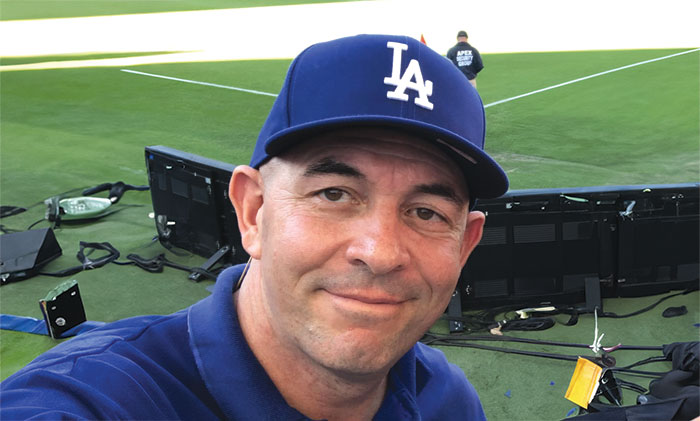"The wise man is the one who &’9;learns from everyone." (Pirkei Avot 4:1) I discovered the wisdom of this sage observation when vacationing a number of years ago with my family in the Canadian Rockies. While touring the area, we decided to rent a rowboat at Emerald Lake. As chief rower, I realized that this would pose a challenge since my last experience dated back to my camping days in 1969.
My wife and two daughters sat on one side of the boat, while I rowed from the other. No matter how fast I tried to row, all of the other boats passed, and I didn’t move too far. Finally, my daughters protested."We don’t think you know what you are doing. We are just going around in circles." Then they added the ultimate compliment: "Besides, you are much too old to learn how to row."
As a parent, this was a challenge I could not ignore. I had to prove them wrong. I had to demonstrate the importance of lifelong learning.
Hence, I watched the other rowers and noted exactly how the oars moved. Finally, I moved my own oars properly, and at the end of our excursion my daughters had to admit that I had taught them a valid lesson.
Teaching children has never been an easy job. The Torah itself is aware of this fact, and in this week’s portion it provides an answer to this problem. In his commentary on the Bible, Hadat V’Hachayim, my late paternal grandfather, suggests that we look at an apparent inconsistency in a verse that we recite daily in the "Shema," which comes from this week’s Torah reading. The verse states: "And you are to teach them to your children to speak of them when you sit at home, and when you journey on the road, and when you go to sleep, and when you rise." (Deuteronomy 11:19)
My grandfather noted that the verse begins in the plural with the words: "And you [plural] are to teach them to your children to speak of them." But then, suddenly in midstream, the verse turns to the singular tense and declares: "when you [singular] sit at home, and when you journey on the road, and when you go to sleep, and when you rise."
Why the change in tense? My grandfather answered that the verse presents a program for Jewish education. On the one hand, it begins in the plural, representing the community’s responsibility to provide educational institutions. So important is this aspect of communal life, the Talmud warns every community not to fail in this duty:"And Reish Lakish said to Rabbi Yehudah Nesiah, ‘I have received the following tradition from my fathers … Any town in which there are no schoolchildren studying Torah is eventually destroyed.’ Ravina said: ‘It is eventually annihilated.’" (Shabbat 119b)
But the community is only one partner in education. The Torah switches tenses to tell us that the other partner must be the individual Jew, the parent. Each Jew must be an educator by example — when you journey on the road, and when you go to sleep, and when you rise. The famous mystical work, the Zohar, explains that these words describe everything a person does each and every day. Torah can’t be taught with the instruction,"Do as I say, not as I do." Rather, Torah must be demonstrated via a living example. In every action and in every location, whether it be at home or on the road (or even when rowing a boat), we must be educators to our children.
The community can build wonderful educational institutions, but if the individual Jew doesn’t support that education by living what is taught in the schools, then we will not succeed in raising a generation of devoted Jews.
We all will become wise when we learn that Jewish education is more than just good schools and shuls. It is more than just a good academic experience. It is the combination of family and community building living examples for children to emulate.






















 More news and opinions than at a Shabbat dinner, right in your inbox.
More news and opinions than at a Shabbat dinner, right in your inbox.